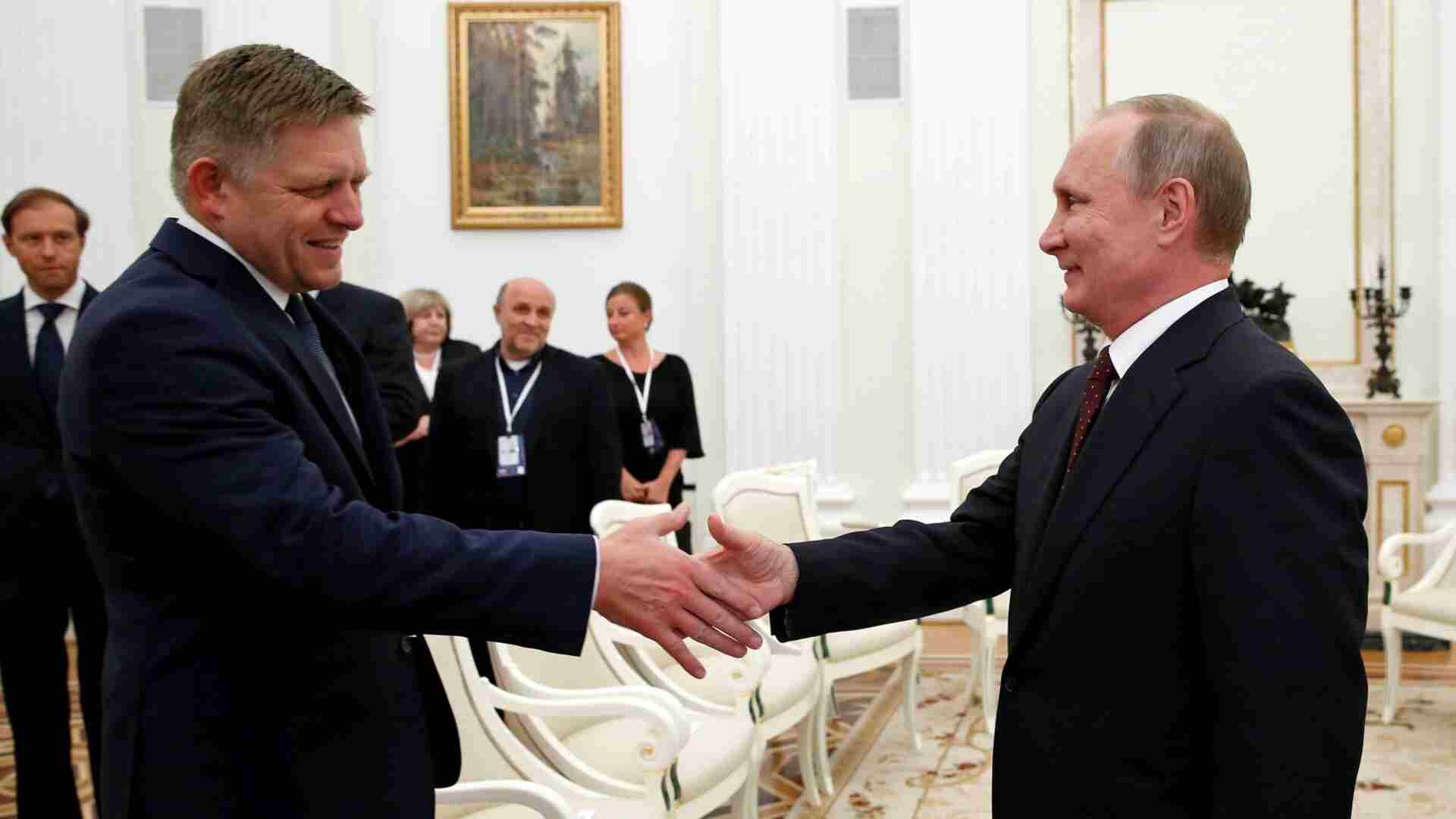Chinese Leader Xi Jinping’s Visit to Serbia Coincides with 25th Anniversary of NATO Bombing of Chinese Embassy in Belgrade.
On May 7, 1999, during NATO’s air campaign over Kosovo, U.S. jets mistakenly dropped five bombs on the Chinese Embassy compound in Belgrade, Serbia. The attack resulted in the destruction of the embassy building, claiming the lives of three Chinese nationals and injuring twenty others. This tragic incident has cast a shadow over the relationship between the United States and China for the past twenty-five years.
NATO’s military intervention was initiated in March of that year to compel Slobodan Milosevic, then the Serbian leader, to cease his violent crackdown on ethnic Albanian rebels in Kosovo.
The United States issued an apology shortly after the bombing, attributing it to erroneous intelligence. According to U.S. officials, the intended target was the headquarters of a Serbian state arms exporter situated on the same street, several blocks away from the embassy.
Sven Biscop, a professor specializing in European foreign and security policy at Ghent University and the Egmont Institute, remarked that if, hypothetically, an American Embassy were to be struck anywhere in the world, even accidentally, the response would be swift and decisive.
Biscop further emphasized that for a nation like China, the bombing incident holds significant implications, and its memory remains potent. The attack sparked widespread anti-American protests in China, leading to suspicions that it might have been deliberate rather than accidental. This skepticism and resentment surrounding the event continue to linger.
Biscop noted that reaching a definitive conclusion about the incident is unlikely, but it underscores the unfortunate reality that such tragedies can occur in times of conflict. He advocates for simpler explanations rather than convoluted conspiracy theories.
Despite exacerbating tensions between Beijing and Washington, the embassy bombing paradoxically fostered closer ties between China and Serbia. China’s investment in Serbia has soared, making it the country’s primary source of foreign direct investment and its second-largest trading partner after the European Union.













